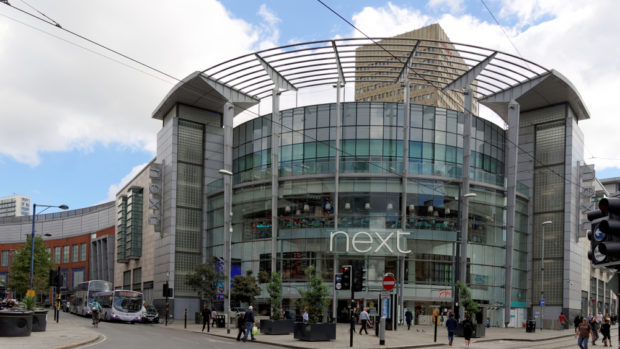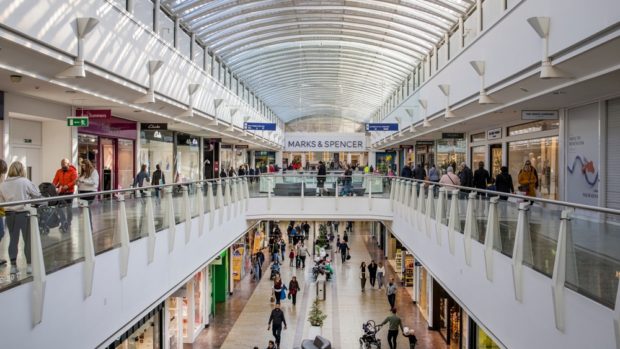Conscious consumerism is set to influence Black Friday shopping in Europe, as the cost of living and growing climate concerns cause people to reconsider their shopping habits. That’s according to new research from Adevinta, an online classifieds group, which counts leboncoin (FR), Kleinanzeigen (DE), Marktplaats (NL), Milanuncios (ES) and Subito (IT) amongst its European re-Commerce marketplaces.
In a survey of 5,000 European consumers across Germany, Spain, France, Italy, Netherlands, and Belgium, Adevinta found that while 40 per cent of respondents are planning to buy new products this Black Friday, a third (32 per cent) are not planning to buy anything new.
Buying intentions vary strongly across markets, with consumers in Italy (48 per cent) and Spain (44 per cent) the most likely to be planning a purchase this Black Friday, compared to just 38 per cent of consumers in Benelux, 37 per cent in Germany and 32 per cent in France.
In the current economic climate, concerns about cost are understandably having an important impact on people’s shopping behaviours. Three-quarters (73 per cent) of European consumers say they think more carefully about what they buy these days, because of the increased costs of living. The research reveals that amongst those not planning on buying anything new this Black Friday, 3 in 10 (30 per cent) say they are restricting spending due to the rising cost of living.
Many consumers are also trying to reduce their environmental impact, as over half (54 per cent) say they think more carefully about what they buy these days because of the climate crisis. This rises to 59 per cent of consumers in Italy and 57 per cent of those in France.
Climate consciousness is impacting Black Friday shopping intentions as well. Amongst those not planning to shop at all this Black Friday, over a fifth (22 per cent) say it’s because they believe Black Friday drives consumerism, while nearly 1 in 10 (8 per cent) say they prefer to buy second-hand.
Paul Heimann, head of re-Commerce for Adevinta, and CEO of Kleinanzeigen, commented: “Black Friday has gained a lot of popularity in Europe over the last decade, and we can see that there is still plenty of enthusiasm for this retail event, more so in certain markets, such Italy and Spain. However, this data suggests that the climate and cost of living crisis are causing people to be much more considered about their purchases – not just this Black Friday, but more generally as well.
“re-Commerce marketplaces like ours offer consumers more sustainable and more affordable ways to buy year-round, so it’s no surprise that many people already prefer to shop second-hand. In recognition of this, over the past few years, we have run a counter campaign called ‘Green Sunday’ at our German marketplace Kleinanzeigen, to highlight the environmental benefits of purchasing used items over new. ”
Black Friday is also battling a reputational issue in Europe, with many consumers sceptical of whether promised deals are truly a bargain. Over a third (34 per cent) of consumers say they think Black Friday is a scam, and nearly 1 in 4 (23 per cent) of those not planning to buy anything new this Black Friday say they believe most of the Black Friday deals are fake. Meanwhile, half (51 per cent) of consumers say they respect retailers and eCommerce platforms that don’t observe Black Friday.








Share